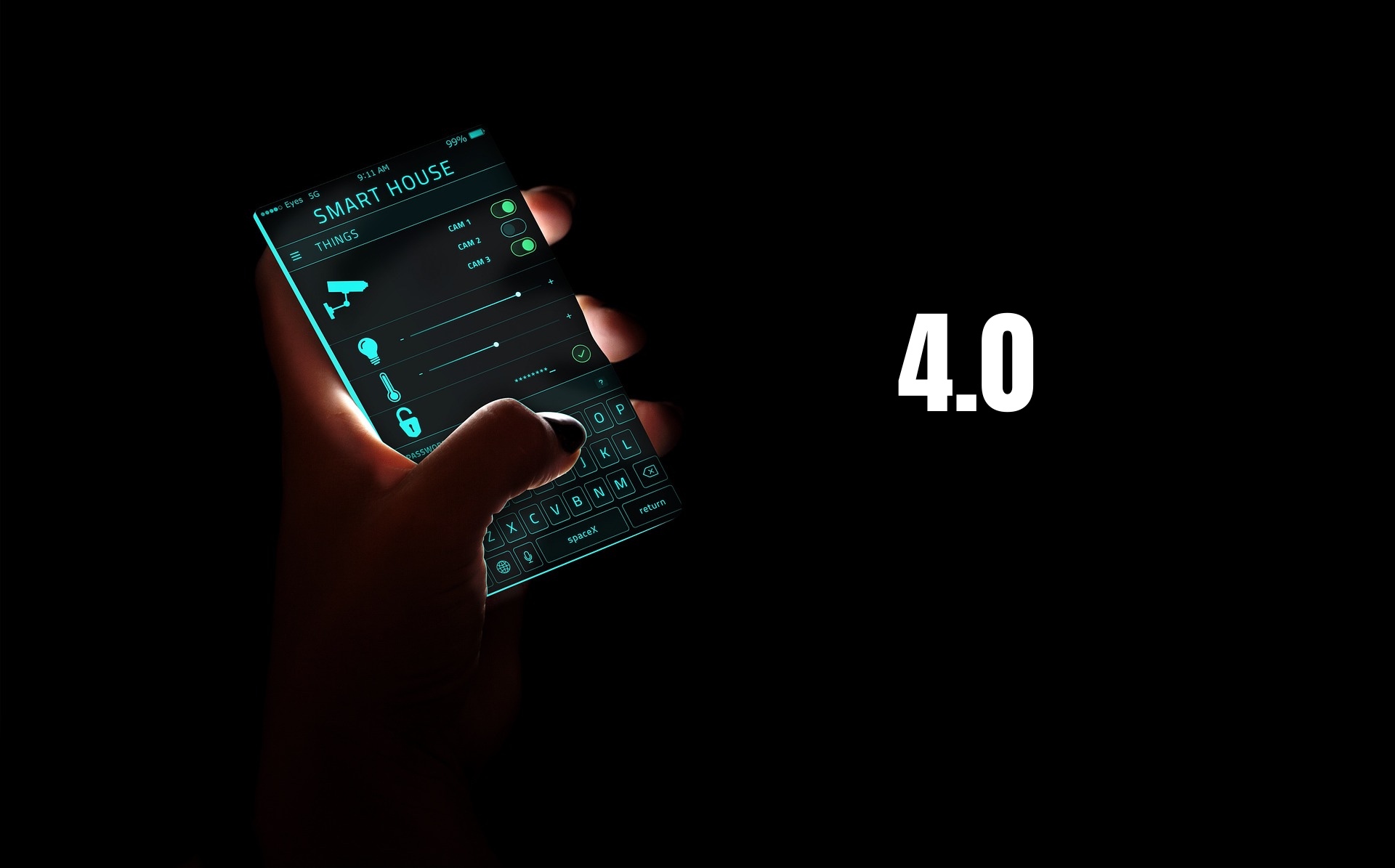The Role of IT in South Africa’s Fourth Industrial Revolution

By 2025, the global economic impact of AI alone is projected to be $15.7 trillion"—a figure underlining the extraordinary speed at which technological change is rewriting the script in every sector worldwide. The 4IR represents a fusion of digital, physical, and biological systems that paves the way for changes in manufacturing, healthcare, and almost everything else. IT is the backbone of this revolution, whereby artificial intelligence, IoT, and automation come together to spark new improvements and opportunities. This article will examine the shape that IT is lending to South Africa's 4IR landscape, the opportunities and challenges of the space, and how professionals can prepare for such a transformative era.
Defining the Fourth Industrial Revolution (4IR)
The 4IR is characterised by the integration of industries and daily life with advanced technologies such as AI, IoT, blockchain, and big data. AI enables automation and wiser decision-making; IoT connects devices for higher efficiency in data exchange, while blockchain enforces security and transparency in transactions, and big data provides insights for better business strategies. These technologies hold great potential for raising the level of economic growth, facing societal challenges, and enhancing competitiveness in the global marketplace, thereby shaping the future of South Africa as an innovation hub.
Role of IT in Enabling 4IR in South Africa
IT is at the forefront of driving the 4IR in South Africa through digital transformation across industries. A strong IT backbone, especially in areas of need, is a prerequisite for 4IR technologies, ensuring internet access to all. In health, where digital health is facilitating improvements in delivery and quality of care, electronic learning platforms are helping create a digitally empowered workforce. In finance, this has led to the development of fintech and blockchain in reimagining banking for financial inclusion. Applications of smart farming and IoT have enhanced productivity and sustainability within agriculture. Leading the charge of South African innovation are companies like DataProphet, amongst others, while the government announced plans for the National Digital and Future Skills Strategy, ushering in many of the technologies associated with 4IR.
Challenges and Barriers
The acquisition of the fourth industrial revolution in South Africa faces numerous challenges. There is still, for instance, a digital divide. Its uneven distribution reduces the opportunities available to those who need them most. There is also some sort of skills deficit; not only are qualified professionals lacking in IT fields, but also in those emerging 4IR ones. Overall, education and training remain key. It also calls for regulatory and policy matters like increased government support, data protection laws, and investment in digital infrastructure to make it certain that the country is fully positioned to avail itself of the opportunities brought about by 4IR.
Preparing for IT Careers in South Africa’s 4IR
For IT professionals to remain relevant in the South African context embracing 4IR, they will have to pay attention to critical technical skills like AI and machine learning, data analytics, cybersecurity, and cloud computing. At the same time, these professionals are required to possess other soft skills, including adaptability, problem-solving, and continuous learning, in view of navigating the ever-evolving technological landscape. The people can pursue IT careers by utilising local educational pathways such as university programmes, specialist boot camps, and online certifications. Also, linking up with professional networking through the South African tech communities, LinkedIn, and industry conferences will unlock valuable connections and opportunities within the 4IR-driven job market.
Opportunities for IT Professionals in South Africa’s 4IR
The Fourth Industrial Revolution (4IR) in South Africa presents a wealth of opportunities for IT professionals. High-demand roles such as data scientists, AI engineers, and cybersecurity specialists are critical to driving technological advancements. 4IR also fosters entrepreneurship, providing a platform for tech start-ups to flourish, particularly in fields like fintech, health-tech, and edtech. Furthermore, IT professionals also have the potential for social impact, promoting digital inclusion and bridging the digital divide, which leads to a reduction in inequality and more accessible opportunities for underserved communities.
Therefore, IT has become a key enabler of South Africa's 4IR, making major impacts in sectors such as automation, data analytics, and digital innovation. As technology continues to drive the nation's economic and social transformation, a bright future awaits IT professionals in contributing toward growth. All that is needed to make the journey exhilarating is investment in continuous skills development, awareness of trends in the 4IR, and active support or involvement in technology-driven initiatives that will take the country into the future.



Comments
Post a Comment